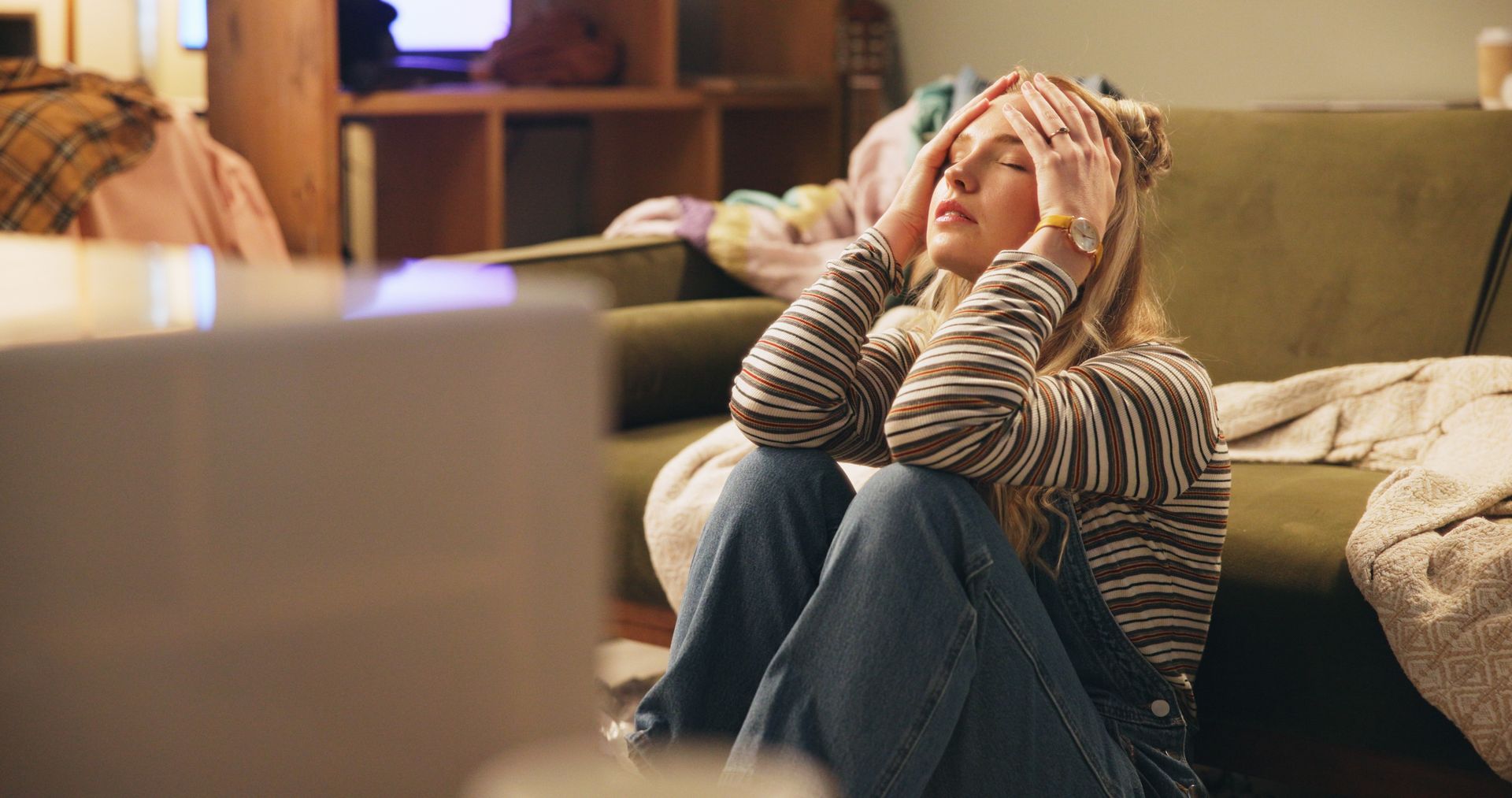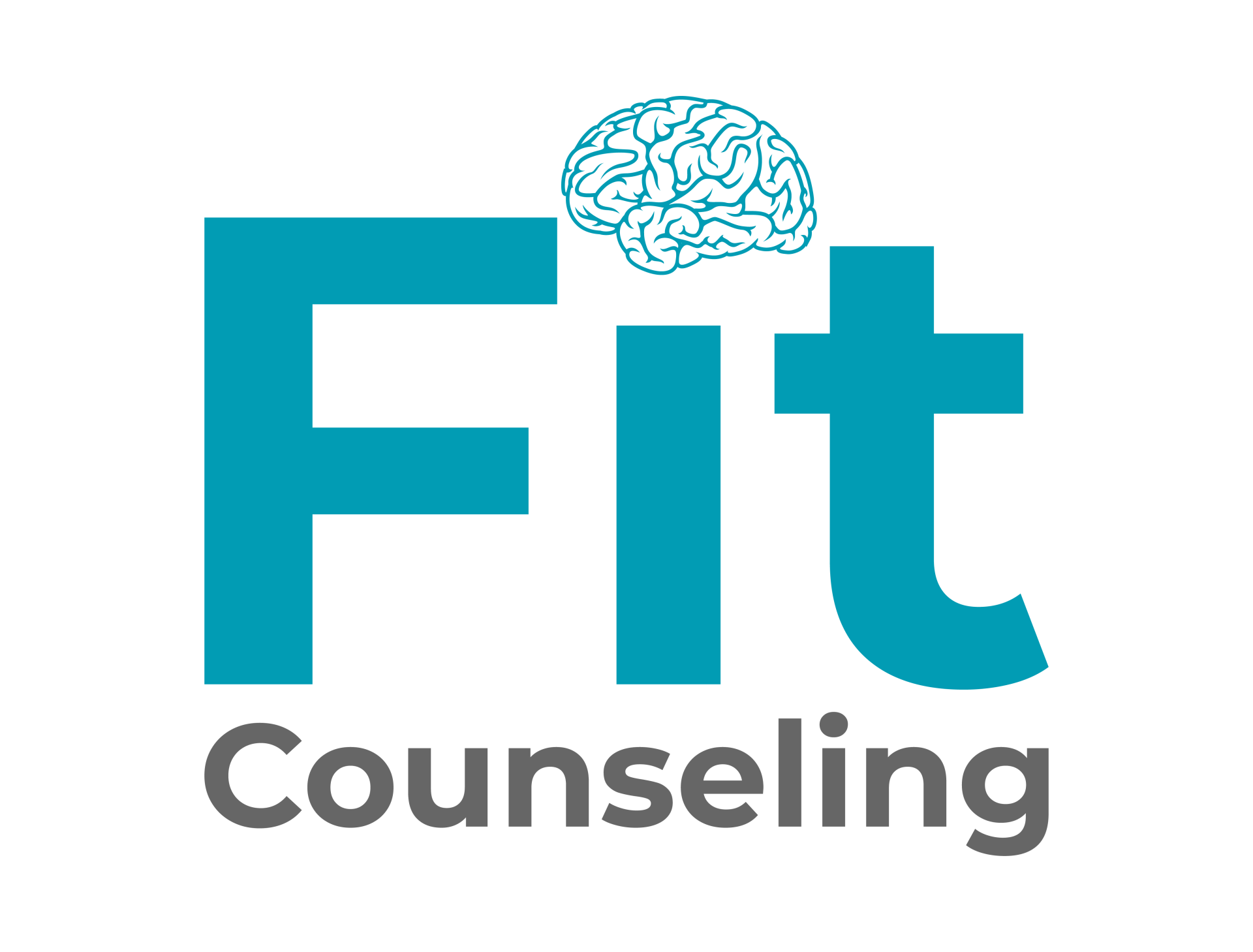How Parental Stress and Relationship Tension Affect Kids

How Parental Stress and Relationship Tension Affect Kids
Children are incredibly perceptive. Even when parents try to shield them from stress, kids can sense tension, frustration, or emotional distance. Over time, parental stress and unresolved relationship conflicts can shape a child’s emotional development, sense of security, and understanding of healthy communication.
For women, entrepreneurs, or parents balancing multiple responsibilities, the pressure to perform and the lingering effects of past trauma can inadvertently bleed into the home. When parents are overworked, emotionally drained, or stuck in unresolved conflict with each other, it changes the family dynamic. Children may become anxious, withdrawn, or adopt coping strategies that mirror the patterns they observe at home.
The Ripple Effect of Stress and Trauma
Stress doesn’t live in isolation. When parents carry unresolved trauma or chronic stress, it often shows up in small ways—raised voices, irritability, emotional withdrawal, or inconsistent boundaries. These behaviors, repeated over time, create an environment where children learn that emotional needs are unsafe to express, or that worth is tied to achievement and performance.
Relationship tension between parents compounds the effect. Disagreements that escalate without resolution, criticism masked as “constructive feedback,” or emotional distance can teach children patterns of conflict and communication they will carry into their own relationships.
How Therapy Can Help Families Thrive
The good news is that families can heal and rewrite these patterns. Family therapy and relationship counseling provide safe spaces for parents and children to process stress, improve communication, and strengthen emotional bonds.
At Fit Counseling, we approach treatment as a collaborative team. Our therapists coordinate care across individual therapy, couples counseling, and family sessions, ensuring every member of the household receives the support they need. By working together, we can help children process emotions, teach parents strategies for healthy communication, and address underlying trauma that contributes to stress and tension. This comprehensive, team-based approach ensures that healing is consistent and sustainable across the entire family system.
Family therapy helps children understand and manage their feelings, while teaching parents how their stress and relationship dynamics affect the household. Relationship counseling, especially using methods like the Gottman Method, equips parents with tools to resolve conflicts constructively, reconnect emotionally, and model healthy partnership behaviors.
When parents engage in therapy together, the impact extends far beyond their relationship. Children learn to trust, feel safe, and develop emotional resilience. The home shifts from a place of tension to a space where each family member feels seen, valued, and supported.
Creating Lasting Change
Healing family dynamics is a process, not a one-time fix. It requires recognizing the influence of stress and trauma, committing to healthier communication, and modeling vulnerability and empathy. By investing in therapy—both for the couple and the family—parents can break generational patterns of stress and overwork, giving their children the tools to thrive emotionally.
Final Thoughts
Parental stress and unresolved relationship tension don’t just affect adults—they shape the emotional world of children. Families deserve support, guidance, and strategies to foster safety, connection, and resilience.
Through family and relationship therapy at Fit Counseling, parents can learn to manage stress, communicate effectively, and create a home where children feel secure and valued. Our team-based, trauma-informed approach helps families break the cycle, restore balance, and nurture relationships built on care, not constant pressure.



